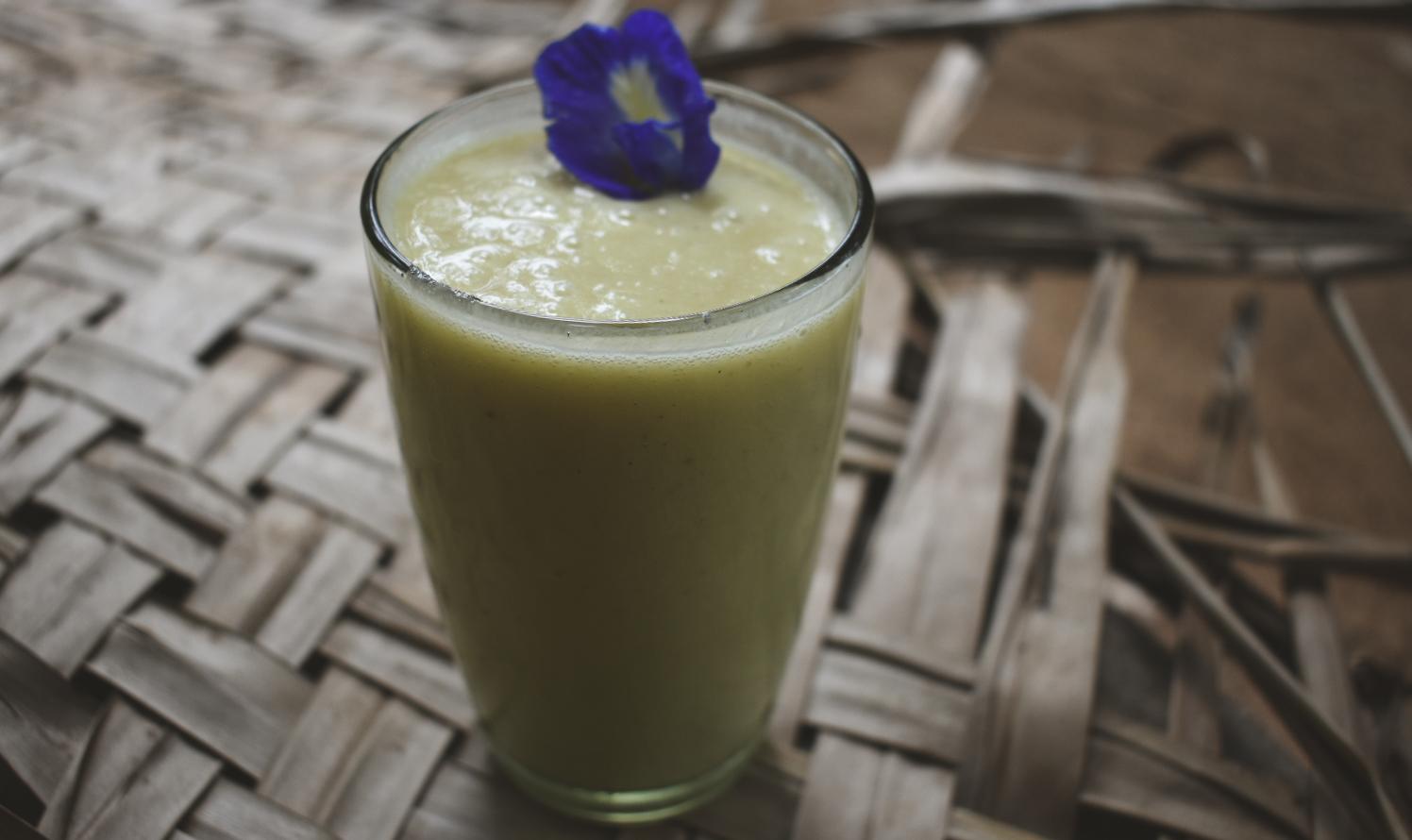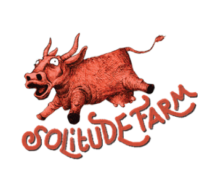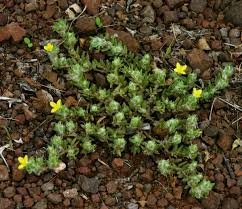Banana Stem
March 24, 2023 2023-08-29 6:03Banana Stem
Vazhaithandu
The Banana is botanically a part of the Musa genus and is actually the flower-stalk of a large, herbaceous plant – which means it is actually a grass. All parts of the Banana plant are useful, whether for consumption of the fruit, flower, and stem or for other culinary applications of the leaves and stalks.

In India, Banana stems are used in Ayurvedic medicine as a cooling element to counteract the effects of a hot, humid climate. The stalks are juiced, and the juice is left unstrained for use as a nutritional drink to help regulate blood pressure and maintain insulin levels. Like the fruit, Banana stems are also very high in potassium and vitamin B6, which together benefit the muscles and the body’s production of hemoglobin and insulin.
The versatility of applications of the parts of the Banana plant such as the flower, leaves and stem is really an important aspect of local food. The Banana stem is taken from the Banana tree once the fruit-bunch is harvested. We cut down the length of the mature stem and remove the epidermis (thick outer skin). We are then left with a denser inner stem, being the actual Vazhaithandu.
Back in the kitchen, we dice the inner stem and blend it with some drinking water, and salt to make a juice that is best had as the first thing in the morning, ideally with Lemon squeezed into it. This tonic has the potential to even cure major kidney problems.

Additionally, for culinary applications as a vegetable, the Banana stem can be prepared by first removing some of the fibers (immerse the diced pieces in water and rub them between your hands to extract the fibers). One can then simply make a curry or stir fry out of them. In Tamil Nadu, a semi-gravy dish with diced Banana stem and Mung lentils is called Vazhaithandu Kootu. Instead of cooking the pieces, one can even incorporate them in a delicious, refreshing summer salad!
In our regular consumption of industrialized foods, and that means today not only ‘Maggi’ noodles, or pasta from Italy, but even vegetables like leeks, broccoli, cabbage, cauliflower, potatoes, carrots and beetroots, we are undermining the value of the Banana stem, and other such locally grown foods. A Road back to Nature is about honoring these plants, simply by using them. And using them then translates quite literally and directly into undermining the extensive damage that industrialized agriculture causes in providing, and promoting even, this unending supply of foods that come with high ecological costs.

Permaculture Weekend Workshop
Join us on a road back to nature with this intensive and hands-on workshop that will empower you to start growing your own food and gain insight into knowing where your food comes from!

Weekly
Mini-Workshop
Join us on a road back to nature with this intensive and hands-on workshop that will empower you to start growing your own food and gain insight into knowing where your food comes from!

Permaculture Weekend Workshop
Join us on a road back to nature with this intensive and hands-on workshop that will empower you to start growing your own food and gain insight into knowing where your food comes from!

Weekly
Mini-Workshop
Join us on a road back to nature with this intensive and hands-on workshop that will empower you to start growing your own food and gain insight into knowing where your food comes from!











